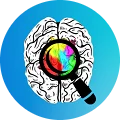Situational Testing and 1 of Its Most Important Technique
Situational Testing and Work Samples Situational testing and work samples are cornerstone methodologies in the field of industrial and organizational (I/O) psychology, focusing on the realistic evaluation of a candidate’s
